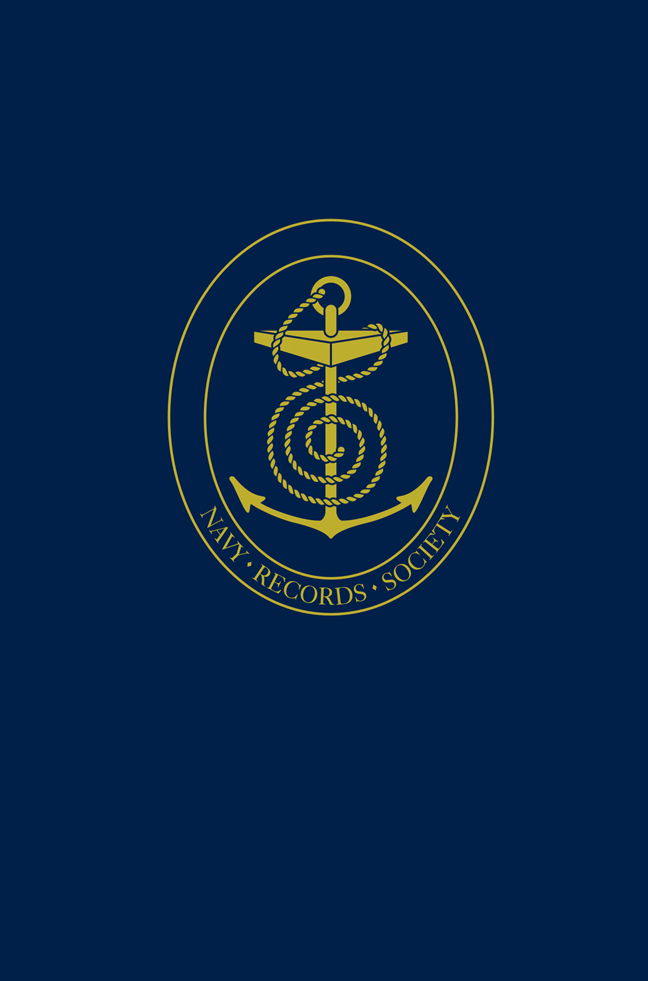Introduction
Published online by Cambridge University Press: 27 February 2024
Summary
I
The study of British naval courts martial during the French Revolutionary and Napoleonic Wars is important for several reasons. Not only does it contribute to our understanding of military jurisprudence in the late eighteenth and early nineteenth centuries, but it furthers our knowledge of Georgian and Regency criminal law in general. Moreover, the transcripts of trials afloat, which form the core of the present volume, offer a unique window to the social conditions and behaviour aboard the King's ships at the time.
During the period under discussion, naval courts martial were the highest level of enforcement of the criminal code promulgated by An Act for Amending, Explaining and Reducing into One Act of Parliament the Laws Relating to the Government of His Majesty's Ships Vessels, and Forces by Sea, or, simply, the consolidation act of 1749 as revised by a statute passed in the nineteenth year of George iii's reign. Known as the articles of War, this code consisted of thirty-six clauses delineating virtually every naval offence and establishing their punishment.
The articles of War can be divided broadly into two general categories: social crimes and naval offences. Social crimes include such phenomena as drunkenness, theft, buggery, profanity, murder, quarrelling and fighting – that is, the same types of infraction dealt with ashore by the common law. Naval offences consist of episodes like mutiny, desertion, insolence, loss of ship, cowardice, neglect of duty and unofficerlike behaviour – in other words, transgressions against the needs of the service.
In addition to including the various clauses of the criminal code afloat, the Consolidation Act prescribed the authority of naval courts martial, their composition, several of the oaths to be taken at them and the penalties for prevarication, contempt of court and withholding evidence from a naval tribunal. These panels had a very limited jurisdiction. Only officers and men ‘in actual service and in full pay’ could be brought before them, and then only for offences enumerated by the articles of War and perpetrated in areas where the common law did not have jurisdiction, that is ‘upon the main seas, or in great rivers only, beneath the bridges of the said rivers nigh to the sea, or in any haven, river or creek within the jurisdiction of the admiralty’ and in all places which did not acknowledge the sovereignty of the British monarch.
- Type
- Chapter
- Information
- Naval Courts Martial, 1793-1815 , pp. xvii - xxxPublisher: Boydell & BrewerFirst published in: 2024



